Recently the Museum of Science exhibited Leonardo da Vinci’s work. Recreations of his drawings were made into physical models. I was struck by his inventiveness and his ability to both write and sell his ideas. His communication strengths were obvious from his displayed writings convincing Ludovico Sforza of Milan to hire him to his elaborate notes about his inventions. What would it have been like if Leonardo Da Vinci’s had a speech or language deficit?
How would a speech and language deficit have changed Leonardo’s accomplishments? Would he have avoided talking to Ludovico Sforza, never getting the commission for the “Last Supper?” Would struggling to express his ideas have caused him to write less or not write at all? Would he have stopped asking question because he was afraid he might stutter or not express his idea well? Even very bright people, can have speech and language deficits. As adults, we seek out situations that complement our strengths and downplay our weaknesses. How would Da Vinci’s career have been impacted if he were only allowed to write and was unable to express his complicated thoughts and ideas using pictures?
Walking around the museum I wonder how a speech and language deficit would have affected how he felt about himself? His ability to create? To take creative risks? Leonardo had no formal education. He was not told he had to know certain things by a certain age. He never had to produce in all areas like our children are forced to do. He was incredibly curious and asked endless questions about how the world functioned. Would that have been the same with a speech and language deficit?
Speech and language deficits impact self-esteem
Speech and language deficits impact self-esteem and result in students who are afraid to take academic risks and lack motivation. For example, a language weakness that makes it hard to explain your ideas or understanding the unspoken social rules can result in not answering questions in class or not having friends. Problems with auditory comprehension, following directions or understanding what people are saying, cause anxiety and inhibit children from participating in oral discussions. We have special services for students determined to be disabled enough to qualify, but even relatively mild speech and language deficits can prevent kids from wanting to learn. I’m sure DaVinci had language weaknesses we all do, but he was lucky enough to learn what he wanted, at his own pace, and in his own way.
We all have to overcome weaknesses
Students with speech and language deficits work hard, like Da Vinci, but many don’t see success. Over time, their poor communication skills impact their progress widening the gap between them and their peers. They know something is wrong. Children with communication problems have a range of intellectual abilities, but their difficulties make them feel dumb. They shut down, stop speaking up, and develop dysfunctional strategies that compound their weakness and contribute to poor self-esteem. These are the students for whom a little help can change the trajectory of their education and their lives.
We expect so much from our children, but sometimes we forget to let them know that it is okay to struggle, and it is ok to need and get help. What does it mean that the stories we tell about the most successful people in history (like Da Vinci) leave out the struggle? How would it change our perception of weakness if the display at the Museum of Science not only highlighted Leonardo da Vinci’s strengths but also acknowledged that even the most gifted have challenges?

